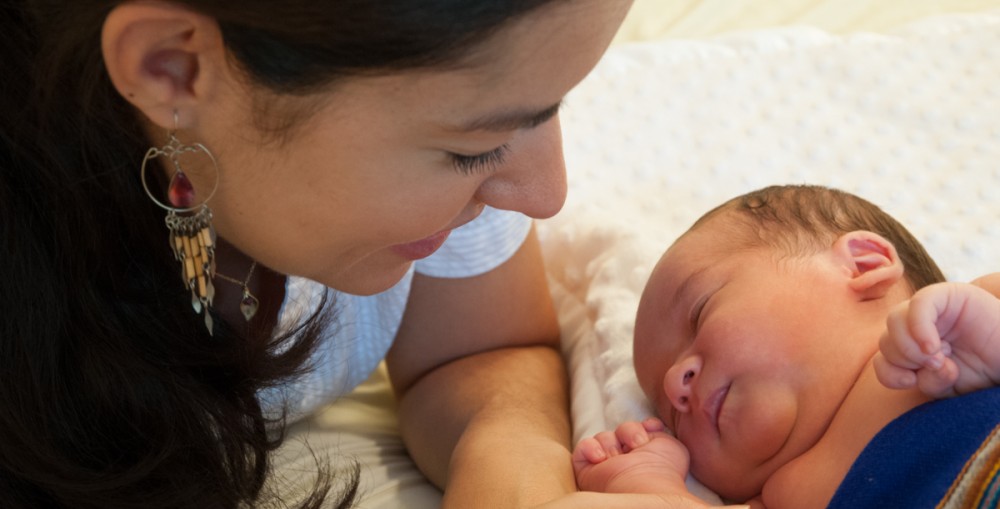After reading Chapter 9 in the RAMS book, I find it interesting that the issue brought up about policy making is just as relevant to the United States as it is to Iran. Certainly, the US is not dealing with early marriages of girls at the age of 9, or even younger. However, we are constantly battling sex education policy. The push for sex education started around 1892 when the National Education Association passed a resolution for “moral education in the schools”. The city of Chicago was the first to implement sex education in 1913 for high schools but this did not last long as the Catholic Church fought against this type of education resulting in Ella Flagg, the superintendent of schools, to resign. Congress took action with sex education after the end World War I when rates of STDs rose drastically. Congress passed the Chamberlain-Kahn Act, which provided money for educating soldiers about syphilis and gonorrhea. This Act raised awareness about STDs and made Americans view sex education as a public-health issue. However, controversy arose in the 60s when religious groups felt that sex education should not be taught in schools but rather at home. They felt that this topic should be left for parents to discuss with their children and that teaching it in schools will result in more kids having sex.
Similar to the situation in Iran with controlling the population growth, the US had a joined effort to educate students regarding to sex education but differences grew when it came to the details of how to educate the students. It is a nationwide consensus that the younger generation needs to be educated but there is much controversy as to whom should educate the younger generation, the school or their parents? Both groups think they have the best interest of the students with each of their ways to educate but neither consults the student of which way would work best. I personally think student views are not incorporated since during this time frame (from middle school through high school), the students are still seen as children. I do not think it will ever be possible that the voice of the student will be involved in the policy making of sex education.
For me personally, I am from South Carolina. I remember that we had little to no sex education. In my freshmen year, we had a class called “Freshmen Success”, which incorporated sex ed into it. We talked a lot about studying skills and getting to know ourselves for the semester. Our sex education took about 2 classes out of the entire school year. We watched a movie called “The Miracle of Life” and that was just about it. There was no discussion before or after and my teacher seemed uncomfortable about the subject in its entirety. Before high school, my gym teacher taught sex education and took out about a week of class (essentially 3 class days in total) and we talked mainly about abstinence and how we should wait until marriage.
It is interesting to note thought, that despite all of the drastic differences with the teachings of sex education, the rate of teen pregnancies has dropped from one-third of teenagers (between ages 13-19) will become pregnant as teenagers in 2006 less than one in four teenagers in 2010. It seems that even with the conservative way of teaching, teen pregnancy rates are falling nationwide.
What were your experiences with sex education, if any at all, in school?
What ideas do you think will help influence the laws of the teachings of sexual education?
http://www.newsweek.com/brief-history-sex-ed-america-81001
http://www.bbc.com/news/magazine-30275449

As a Catholic school survivor, our sex education was an interesting exploration of bias and inaccuracy. Never once did we handle or see a condom in class, nor did we talk about contraception. Our health class was focused on nutrition, and the one day we did talk about sex, it was, as addressed to girls, don’t do it if you respect yourself. Then there was a day devoted to making AIDS quilts; I still don’t know why. They told me gays were going to hell, so maybe they just forgot AIDS was called GRIDS once upon a time. Also, the last day of religion class of my senior year was devoted to a slide show of gory pictures of the results of STDs, with another reminder to not have sex. Outside of the internet, that was my sex education. That, and the one girl per class at least that got pregnant every year. Private schools make their own rules.
I think the reason the pregnancy rates drop anyway is because teens choose to educate themselves. Access to the internet has become a ubiquitous thing, and kids are curious about what they’re told not to talk about. Regardless, that poses a great risk for those without access or those looking at more dubious sources; you have women turning to anal sex with the belief you cannot possibly be harmed by that, forgetful of STD transmission, and young gay men that believe intercourse is supposed to be painful which is simply untrue. People blog and write articles with no credentials and no expertise, and I don’t think depending on the discernment of adolescents is an intelligent thing to do.